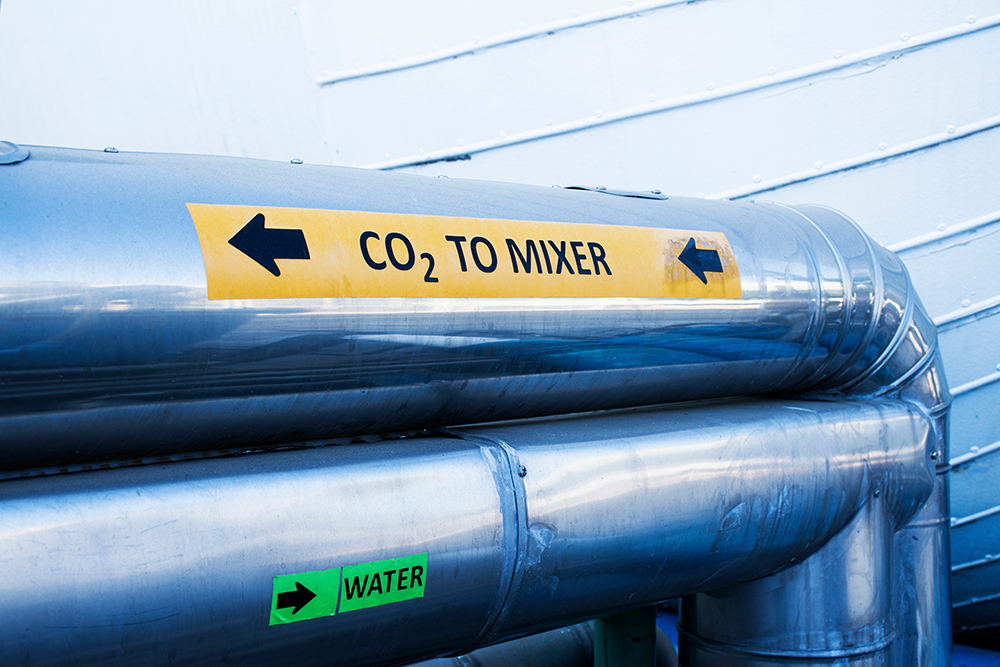U.S. Proposes Tougher Safety Rules for Carbon Dioxide Pipelines
(Reuters) — A U.S. regulator on Wednesday proposed new rules to strengthen safety requirements for carbon dioxide and hazardous liquid pipelines at a time when carbon capture technologies see increased adoption to fight global warming.
The new regulations will strengthen existing standards and, for the first time, establish new norms for transporting carbon dioxide in a gaseous state via pipeline, the U.S. Department of Transportation's Pipeline and Hazardous Materials Safety Administration (PHMSA) said.
The U.S. has forecast an increase in carbon dioxide pipelines across the country as the fight against global warming leads to greater adoption of carbon capture and sequestration technologies.
One of the rules requires more detailed vapor dispersion analyses to better protect the public and the environment in case of a pipeline failure.
"I have learned firsthand from affected communities in Mississippi and across America why we need stronger CO2 (carbon dioxide) pipeline safety standards," PHMSA Deputy Administrator Tristan Brown said.
In 2020, Denbury's 24-inch Delta Pipeline ruptured in Satartia, Mississippi, releasing thousands of barrels of CO2, which resulted in local evacuations and caused 45 people to be hospitalized.
Liquid CO2 vaporizes when released to the atmosphere, and the vapor is 1.53 times heavier than air. It displaces oxygen, potentially asphyxiating humans and animals, according to PHMSA.
In 2023, Denbury and PHMSA settled on a penalty of about $2.8 million, nearly $1 million less than the initial proposal in 2022.
Related News
Related News

- Missouri Loses Control Over 1.5 Million-Mile Gas Pipeline Network as Feds Step In
- 1,000-Mile Pipeline Exit Plan by Hope Gas Alarms West Virginia Producers
- Greenpeace Ordered to Pay $667 Million to Energy Transfer Over Dakota Access Pipeline Protests
- Canada’s Canceled Oil Pipelines: The Projects That Didn’t Make It
- Diversified Energy Closes $42 Million Summit Natural Resources Acquisition
- New Alternatives for Noise Reduction in Gas Pipelines
- Colonial Pipeline's Main Gasoline Artery Shut for Leak Investigation Through Friday
- Michigan Court Backs Permits for Enbridge’s Line 5 Pipeline Tunnel Project
- Editor’s Notebook: Fire Fuels Pipeline Concerns
- Missouri Loses Control Over 1.5 Million-Mile Gas Pipeline Network as Feds Step In





Comments